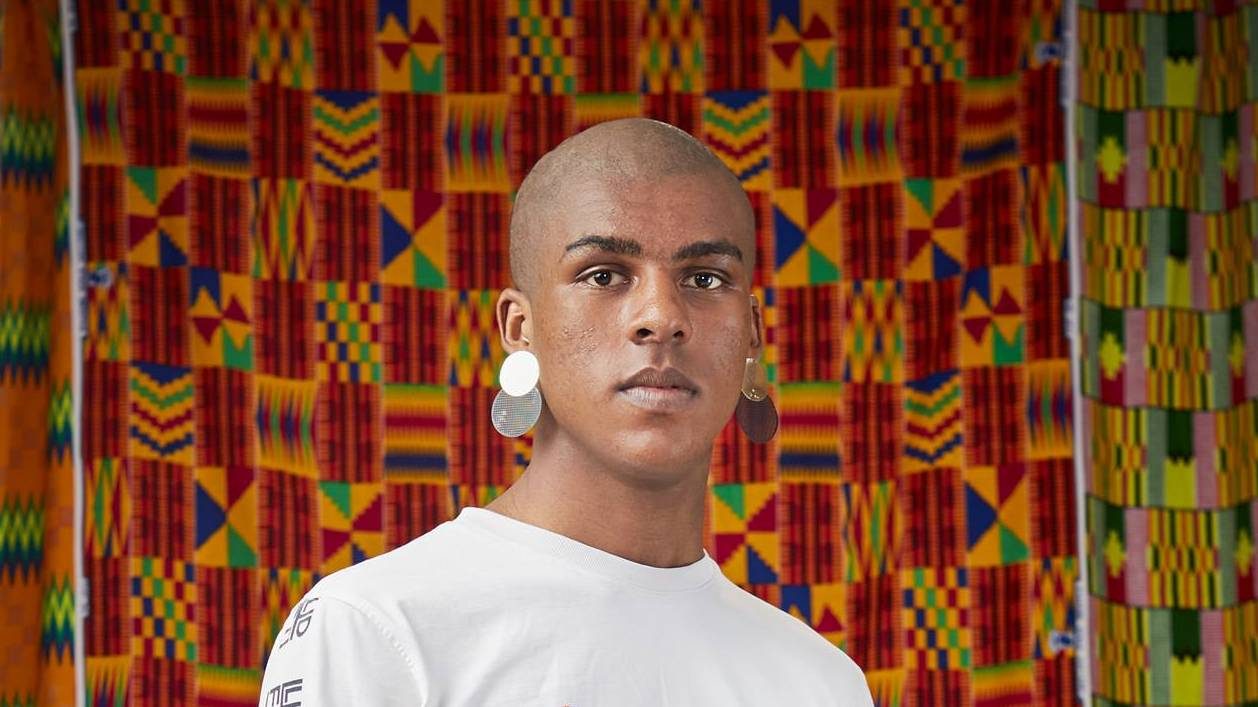Trinity Laban, London’s creative conservatoire, leads the way for the capital’s performing arts higher education institutions in partnering with Black Lives in Music (BLiM). The ongoing relationship will work to actively improve the experience of young people of African and Caribbean heritages within jazz and classical music.
In recent months, and in close consultation with its community, Trinity Laban has made proactive steps to address inequalities faced by its Black students. This has included the establishment of a Black Lives Matter Working Group, holding listening sessions with students, alumni and staff, creating a mechanism for the anonymous reporting of micro-aggressions, and much more.
Building on this initial work, Trinity Laban has become the first London conservatoire to sign up to BLiM’s charter. The institution will be supported by BLiM – a taskforce of some of the most esteemed Black leaders, influencers and musicians in the UK – and an internal team of dedicated staff members in order to address issues of racism and inclusion at all levels and work towards tangible culture change within the next two years.
The conservatoire’s work will be supported by newly appointed BLiM partnership manager and Trinity Laban trombone professor Richard Henry. Also involved in the BLiM task force are BBC Young Jazz Musician 2018 and Trinity Laban fourth-year student Xhosa Cole (pictured), as well as international jazz musician and Trinity Laban tutor Cleveland Watkiss MBE.
The partnership, now active for three months since December 2020, has taken steps to ensure that it is accountable to its students and staff of African and Caribbean heritages. It includes the commitment to:
-
Provide safe spaces for students of African and Caribbean heritages to anonymously discuss their experiences.
-
Establish specific funding for students of African and Caribbean heritages.
-
Diversify and decolonise the curriculum and repertoire programmed for performances.
-
Deliver and monitor the impact of anti-racism training for all Faculty of Music staff members, both on an institutional level via the wider Black Lives Matter Working group, and on a discipline-specific level via departmental delivery.
-
Increase the visibility of Black staff, students, alumni, fellows and partners across Trinity Laban sites.
-
Review staff recruitment and professional development policies within the Faculty of Music.
-
Work in partnership with departments and faculties in the institution to address student experiences of microaggressions and structural racism.
-
Increase engagement with schools in the boroughs of Lewisham and Greenwich with the aim of encouraging students from non-traditional backgrounds to explore the possibility of a career in music.
Trinity Laban has already made progress towards these commitments, such as the creation of a new annual award in collaboration with National Youth Jazz Orchestra that widens access to its jazz degree programme.
The conservatoire has also begun work to strengthen its relationship with local schools through a creative partnership with Tomorrow’s Warriors, which aims to redress the balance in representation at grassroots level in the UK jazz scene.
The conservatoire will also be supporting the Black Lives in Music survey, BLiM’s ground-breaking research looking at the issues Black creatives face in the UK. The results of the survey are set to be published in an annual BLiM report in May 2021.
Trinity Laban Principal Anthony Bowne comments –
“Trinity Laban believes – unequivocally – that Black lives matter. To uphold our core belief in equality we must examine our structures as an institution and dismantle the inequalities within them. We are dedicated to doing this essential work and are excited and proud to be partnering with BLiM to offer a committed route to real change. Through this partnership we can work to meaningfully celebrate, encourage and ensure diversity in our art forms.”
Roger Wilson, Co-founder of Black Lives in Music, comments –
“Black Lives in Music is proud to partner in this important work with one of Europe’s leading conservatoires. The issue of diversity in tertiary music education in the UK is distressing but it feels very positive to be addressing this issue with Trinity Laban. To take the first steps requires honesty and introspection, I’m pleased we can now continue on that journey together – to achieve real and meaningful change.”
Trinity Laban joins top arts organisations like London Mozart Players and Leeds Conservatoire in working with BLiM and committing to achieving meaningful change that supports the creation of a truly inclusive, diverse and representative music industry.
–
Image: Xhosa Cole (credit Ian Davies)

